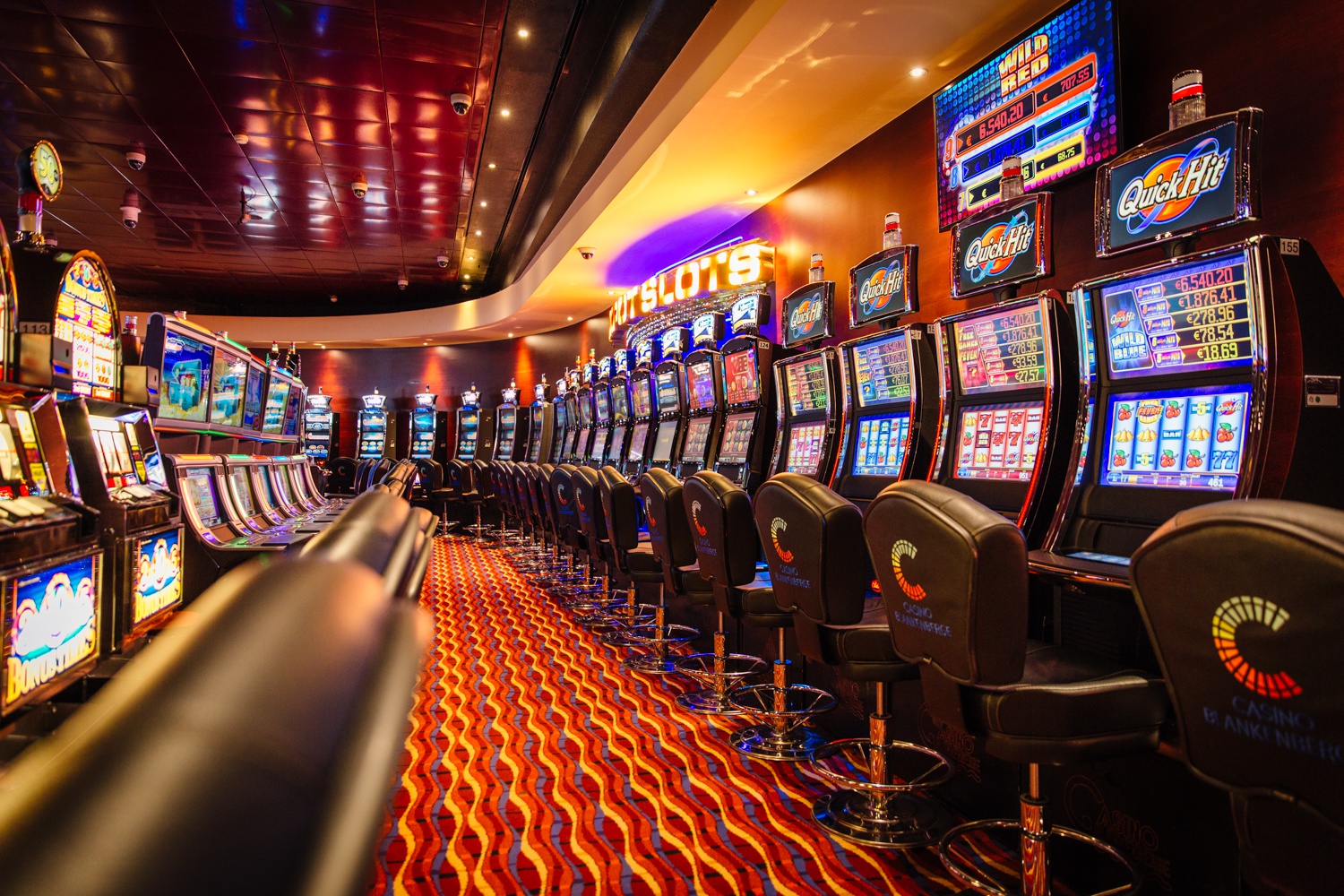Gambling Games and Their Impact in Pop Culture
admin
- 0

Casino experiences have long captured the interest of people around the planet, becoming an essential part of both fun and tradition. From the glimmering lights of Nevada to the captivating experience of internet gambling, these experiences evoke enthusiasm, uncertainty, and sometimes even a sense of nostalgia. They are beyond just pastimes; they have woven themselves into the texture of society, influencing various aspects from movies and music to clothing and books.
The appeal of casino games goes beyond the betting aspect, tapping into wider themes of luck, chance, and social interaction. As players convene around a card table or turn the roulette, they engage in an age-old ritual that echoes with our shared desire for adventure and instability. This obsession has led to the emergence of countless references in cinema, music, and gaming, showcasing how intensely entrenched these pastimes are in mainstream culture. Whether it is the intense drama of a classic caper or the lively nightlife portrayed in music videos, casino games have carved out a substantial role that reflects our bond with reward.
Social Significance of Casino Games
Gambling games have played a crucial role in social aspects throughout the ages. Originating from old civilizations, games of chance were often linked to ceremonies or gatherings. For example, early forms of these activities can be linked back to historic China and the Roman Empire, where die games and wagering on outcomes were popular pastimes. non GamStop casino UK These activities not only served as entertainment but also as methods of social interaction, facilitating connections among people within societies.
As societies evolved, so did the complexity and structure of casino games. The establishment of official casinos in the 17th century, particularly in the Italian region, marked a major shift in how games were viewed and organized. With designated spaces for gaming, the casino became a community center where people from various backgrounds gathered. This evolution contributed to the legitimization of gambling, transforming it from a mere pastime into an organized industry that shaped the economy and regulations.
The impact of gambling activities on mainstream culture cannot be overlooked. As they were popularized in books and film, games such as poker and blackjack became symbols of chance, luck, and strategy. Famous figures and stories have developed around these games, illustrating societal attitudes towards fortune, prosperity, and vice. This fascination with gambling games has permeated various forms of media, cementing their place in the collective consciousness and linking them to wider cultural narratives throughout history.
Depiction of Casino Games in Media
Casino activities have long been a popular topic in various forms of media, reflecting both the fascination and complexities of gambling culture. Movies such as Ocean’s 11 and Casino Royale portray characters who navigate intense situations, showcasing not only the attractiveness of the gambling environment but also the methods and choices that come with playing popular games like Texas Hold’em and blackjack. These films often dramatize the exhilaration of winning and the potential results of losing, encapsulating the risks involved in gambling.
Television shows have also explored the universe of casino games, often integrating them into the narrative as a setting for character arcs and drama. Series like Las Vegas depict the stories of casino workers and customers, highlighting the lively, often tumultuous energy of the casino floor. Docuseries featuring high-stakes betting contests further emphasize the fascination of gambling activities, drawing viewers into the tension and tactics involved in each round. Through these portrayals, media not only entertains but also stimulates conversations about luck, skill, and the character of chance.
Gaming have increasingly incorporated casino games into their design, allowing players to experience the feeling of gambling without financial exposure. Games within the realm of online gaming often include virtual slots, online poker, and other popular casino games, creating an immersive gameplay that mirrors actual casino experiences. These digital representations make casino games accessible to a worldwide viewer base, appealing to both gamblers and those who enjoy the rush of virtual experiences. As a consequence, the representation of gambling activities in media continues to shape public perception and importance, highlighting their function in society and the cultural landscape.
Impact of Casino Games on Society
Gambling activities have a significant impact on society, influencing various facets of societal norms and social behavior. They often serve as a platform for community engagement, where people gather to experience a common experience. Casino trips with friends or visits to casinos become social activities that foster connections and create shared moments. This communal aspect boosts the entertainment value of casino games, making them a popular choice for celebrations and leisure activities.
Additionally, casino games have been portrayed in countless movies, TV series, and written works, shaping views and opinions towards gaming and gaming. Icons like James Bond competing in baccarat or the high-stakes poker scenes in films have cemented these games in the collective imagination. This depiction often glamorizes the culture associated with casino activities, drawing in new players and influencing trends in both fashion and behavior. These representations can spark curiosity and lead to a deeper exploration of the intricacies of gambling.
However, there are also adverse consequences associated with the popularity of casino games. The temptation of quick monetary gain can lead to problem gambling and economic troubles for some individuals. Society must contend with these consequences, promoting responsible gaming and education of the risks involved. Balancing the fun aspect of gambling activities with the potential for harm is vital to ensure that they continue to be a positive aspect of our cultural landscape.